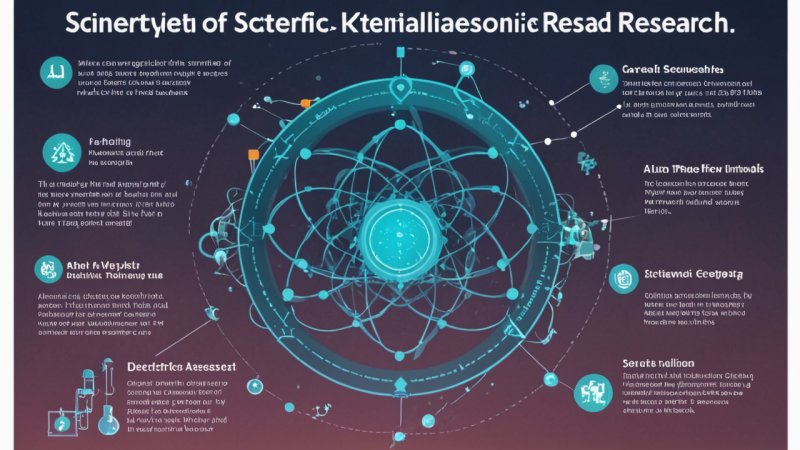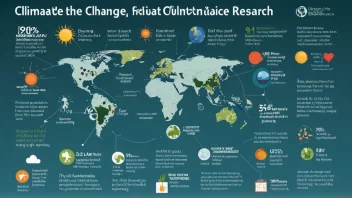Artificial Intelligence (AI) is transforming the landscape of scientific research, offering unprecedented opportunities for discovery and innovation. By automating data analysis, enhancing predictive modeling, and aiding in experimental design, AI is revolutionizing how scientists approach complex problems. This article explores the various ways AI is being employed in scientific studies and the implications of this technological advancement.
One of the most significant contributions of AI to scientific research is its ability to analyze large datasets efficiently. In fields such as healthcare, environmental science, and social research, the volume of data generated can be overwhelming. AI algorithms, particularly deep learning models, excel at processing this data, identifying patterns and correlations that would be difficult for humans to detect. For instance, in medical research, AI is being used to analyze patient records and genomic data to identify potential biomarkers for diseases, leading to earlier and more accurate diagnoses.
AI is also being utilized to improve research methodologies. By leveraging machine learning, researchers can optimize experimental designs and predict outcomes based on existing data. This application is particularly beneficial in fields like climate science, where AI models can simulate environmental changes and predict the impact of various factors on ecosystems. Such predictive capabilities allow scientists to make informed decisions regarding conservation efforts and resource management.
Despite the numerous benefits of AI in research, there are challenges that must be addressed. One major concern is the issue of algorithmic bias, where AI systems may inadvertently perpetuate existing biases present in the training data. This bias can lead to skewed results and reinforce inequalities, particularly in social sciences and healthcare. It is imperative for researchers to remain vigilant and ensure that AI tools are developed and implemented in a manner that promotes fairness and inclusivity.
The future of AI in scientific research holds great promise. As technology continues to advance, we can expect AI systems to become even more sophisticated, enabling researchers to tackle increasingly complex questions. Collaboration between scientists and AI experts will be essential to harness the full potential of these tools, ensuring that they are effectively integrated into research practices.
In conclusion, AI is revolutionizing scientific research by enhancing data analysis, improving research methodologies, and facilitating more accurate predictions. While challenges such as algorithmic bias need to be addressed, the potential benefits of AI in advancing scientific knowledge are immense. By embracing AI technologies and fostering interdisciplinary collaboration, researchers can unlock new avenues for discovery that will ultimately benefit society.
Harnessing AI: The Future of Scientific Research
Explore how Artificial Intelligence is revolutionizing scientific research by enhancing data analysis, optimizing research methodologies, and addressing complex problems.






